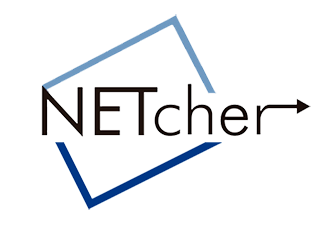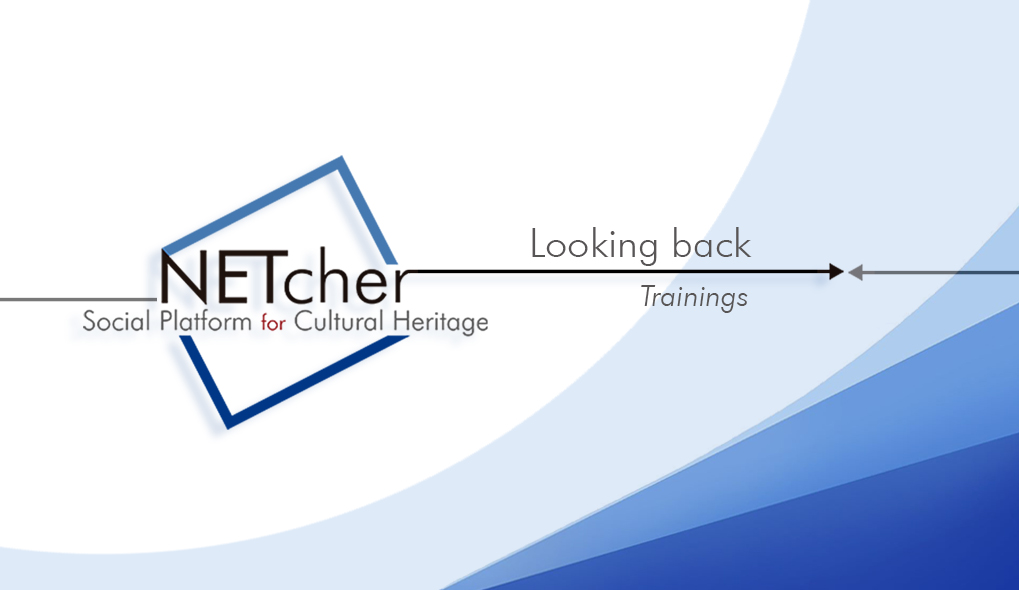One of the pivotal countermeasures against crimes such as looting, illicit trafficking and cultural heritage damaging is spreading knowledge and accurate information. Educational and training programmes are, therefore, crucial to raise awareness on these topics and provide key operational advice to both the professionals and the public.
Responding to this global need, Ca’ Foscari University of Venice and the Centre for Cultural Heritage Technology (IIT), in the framework of the H2020 NETCHER project, have developed and delivered three specific training programmes focused on cultural heritage protection, as well as a Massive Open Online Course.
Training 1, Lyon – 18 to 21 February 2020
NETCHER offered a first training module focused on Provenance and Traceability in Lyon, from 18 to 21 February. This event was a great success, gathering 16 selected trainees, professionals from law enforcement and museums, and 7 trainers coming from different fields, from archaeology to diplomacy and law enforcement agencies.
The last decade has witnessed considerable growth both in licit and illicit markets of objects with weak provenance statements and dubious legal origin. Therefore, the training programme aimed at understanding the traditional provenance research and enhance it with up-to-date methods, such as careful research on the web.
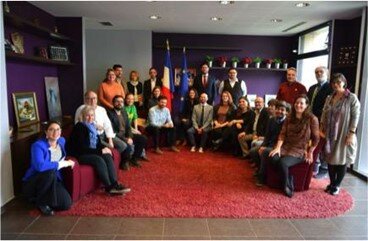 Trainees and Trainers, Lyon Provenance and Traceability Training
Trainees and Trainers, Lyon Provenance and Traceability Training
This first Training Programme has been pivotal to increase NETCHER’s network of experts. The fruitful exchange among the participants and their willingness to actively engage in the project’s initiatives brought about concrete results in the following months, after the registration of all the trainees on the Social Platform.
Training 2, online – 19 to 22 January 2021
This second training was organized online, due to the outbreak of the COVID-19 pandemic, and addressed the topic of Remote Sensing to Fight Illicit Excavation. Conceived as a 4-day online education programme aimed at training Cultural Heritage professionals in using Remote Sensing to identify evidence of archaeological sites’ looting, it gathered 20 attendees and 4 trainers of different backgrounds.
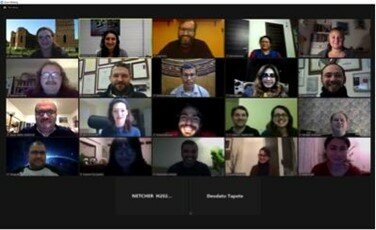
Screenshot of the Remote Sensing Training
Organized in two levels, the first one -for beginners- including an introduction to remote sensing and image interpretation, and an advanced level covering a detailed comparative overview of optical and radar satellite remote sensing state-of-the-art technologies, this training was a success echoing positively on the NETCHER project. Although the digital format didn’t facilitate the personal exchange among the attendees, the partition into groups for the practical sessions helped them get more engaged and easily discuss their tasks with each other.
Training 3, online – 15 to 17 February 2021
The third and last training module provided by NETCHER was also organized online, from 15 to 17 February 2021, and was dedicated to 3D Reconstruction of Cultural Heritage at Risk. This 3-day intensive online education programme aimed at training Cultural Heritage professionals in 3D Documentation and Reconstruction of cultural objects at risk to be stolen, trafficked, or damaged. The goal was to teach a workflow for the digitisation of cultural artefacts, starting from a photogrammetry process that converts a set of photos into a 3D mesh, through the manipulation and annotation of the resulting model, and up to its embedding and visualisation on a website powered by a popular CMS.
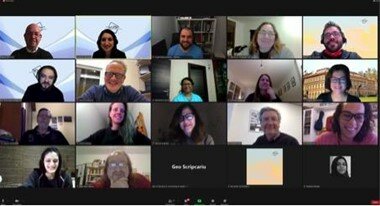 Screenshot of the 3D Reconstruction of Cultural Heritage at Risk
Screenshot of the 3D Reconstruction of Cultural Heritage at Risk
This module sparked a great interest among the 19 trainees, thanks to the efficient work of the 4 trainers. This enthusiasm, combined with the complexity of the topic of 3D Reconstruction, led a great majority of the trainees to ask for another cycle of training modules, to dive deeper into the matter and enhance what learnt.
MOOC “Fighting Cultural Heritage Crimes. An introduction” – 1 to 28 March 2021
During its last month, the NETCHER project offered a Massive Open Online Course running from 1 to 28 March 2021, and available until the end of May. Dedicated to Fighting Cultural Heritage Crimes, this MOOC is subdivided in four teaching units: Legislation and Law Enforcement Agencies, The Art Market, Cultural Heritage Crimes, Tools and Ethics. With more than 200 registrations and 100 active participants, trained by 18 professionals, it has been a great success for the NETCHER training programme.
The MOOC, providing an overview of the issues related to Cultural Heritage Crimes, came as a timely response to the suggestion, expressed by some of the trainees, of making available to a broader audience, including students and young researchers, the information provided by the training modules. Such teaching material and the recordings of the training sessions are, in fact, embedded in the MOOC as a supplementary resource.
Looking back: 27 months of fruitful NETCHER trainings!
Organising training modules and a comprehensive MOOC on such complex topics and in the context of a global pandemic was no easy task. However, NETCHER has succeeded in developing a training offer that meets the needs of professionals fighting against trafficking in cultural goods and students who are approaching these issues.
